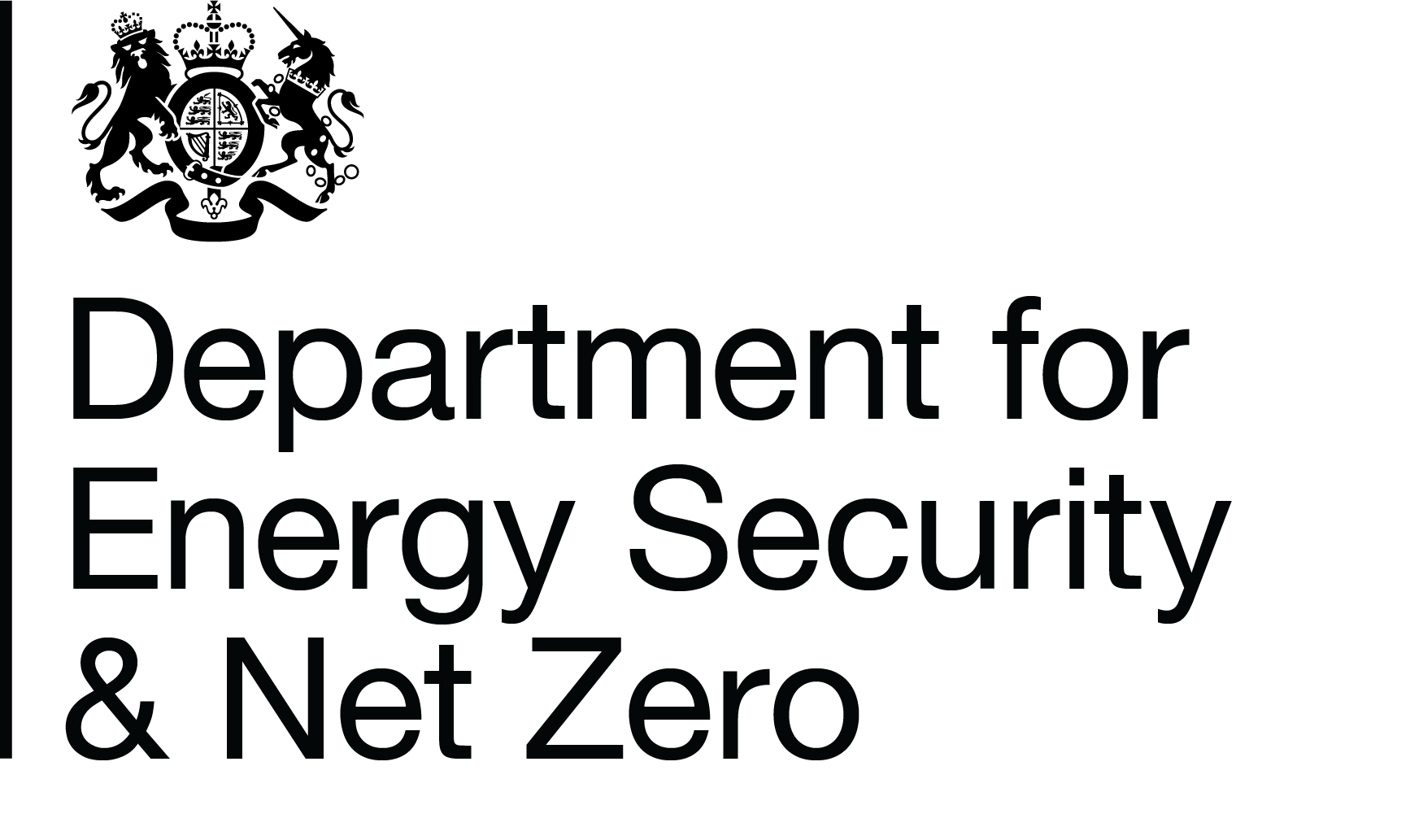Accelerated Courses and Switching University or Degree: Call for Evidence
Overview
Our aim is to encourage more flexible provision to meet students’ diverse needs. In this call for evidence we want to determine whether there is student demand for more switching between universities and degree courses. We also want to know more about demand for accelerated degrees. We are interested in getting a better understanding of the barriers that currently prevent both types of more flexible approach from working effectively.
Why your views matter
Students considering higher education face many choices: which subject, which location and which institution is the best fit for them. These choices can fundamentally influence the course of a student’s life. Alongside the reforms announced in our White Paper, we want to work with the sector on other ways of widening choice for students. This call for evidence addresses two of these areas: flexibility to switch courses and institutions; and flexibility in a particular type of provision, accelerated degrees.
As a result of this Government’s reforms, students will have the right information, in the right format, at the right time to help them make the best choices to fit their own individual circumstances.
Sometimes however, those circumstances can change. Part way through their degree, a student might become a carer or a parent. They may need to take time out from their studies, or move to a different part of the country to adapt their life to their new responsibilities.
Other students may face the closure of their course or institution. Students paying for higher education deserve reassurance that they will be protected if their provider is unable to deliver their course.
Alternatively, a student may come to realise that their chosen institution is no longer the best match for them. Research by the Sutton Trust indicates that many students from under-represented groups attend institutions for which they are over-qualified. This is particularly true of students who are the first in their family to attend university.
We need a higher education system which is flexible enough to adapt to these – and other – changes in students’ circumstances. A competitive and dynamic higher education sector needs students who actively challenge universities to provide teaching excellence and value for money. As the Teaching Excellence Framework becomes established, the quality of provision will be more consistently measured and, by publishing the results, transparent and accessible. Students who are concerned they are not receiving value for money may decide ultimately to switch to a provider that better fits their needs.
Higher education providers can also better meet students’ needs through more flexible provision. Around two thirds of all undergraduate higher education entrants are studying a 3-year full-time programme – this is the model that is most commonly associated with higher education. However, there are other modes of study that can support flexible learning.
In this call for evidence we are particularly interested in accelerated degrees where undergraduate students can achieve a Bachelor’s degree in 2 years instead of the standard 3 years. We know that around 15 public institutions and at least 5 Alternative Providers offer accelerated courses, but do not know enough about student or employer demand. Given the benefits of accelerated degrees, including allowing graduates to enter the labour market faster, we want to understand more about the barriers to having more courses available.
Audiences
- Universities
- Students
- University staff
- HE policy organisations
- HE journalists
- Learned societies
- University associations
- Higher Education institutions
- HE representative bodies
Interests
- Higher Education
- University
- Access to Higher Education

Share
Share on Twitter Share on Facebook